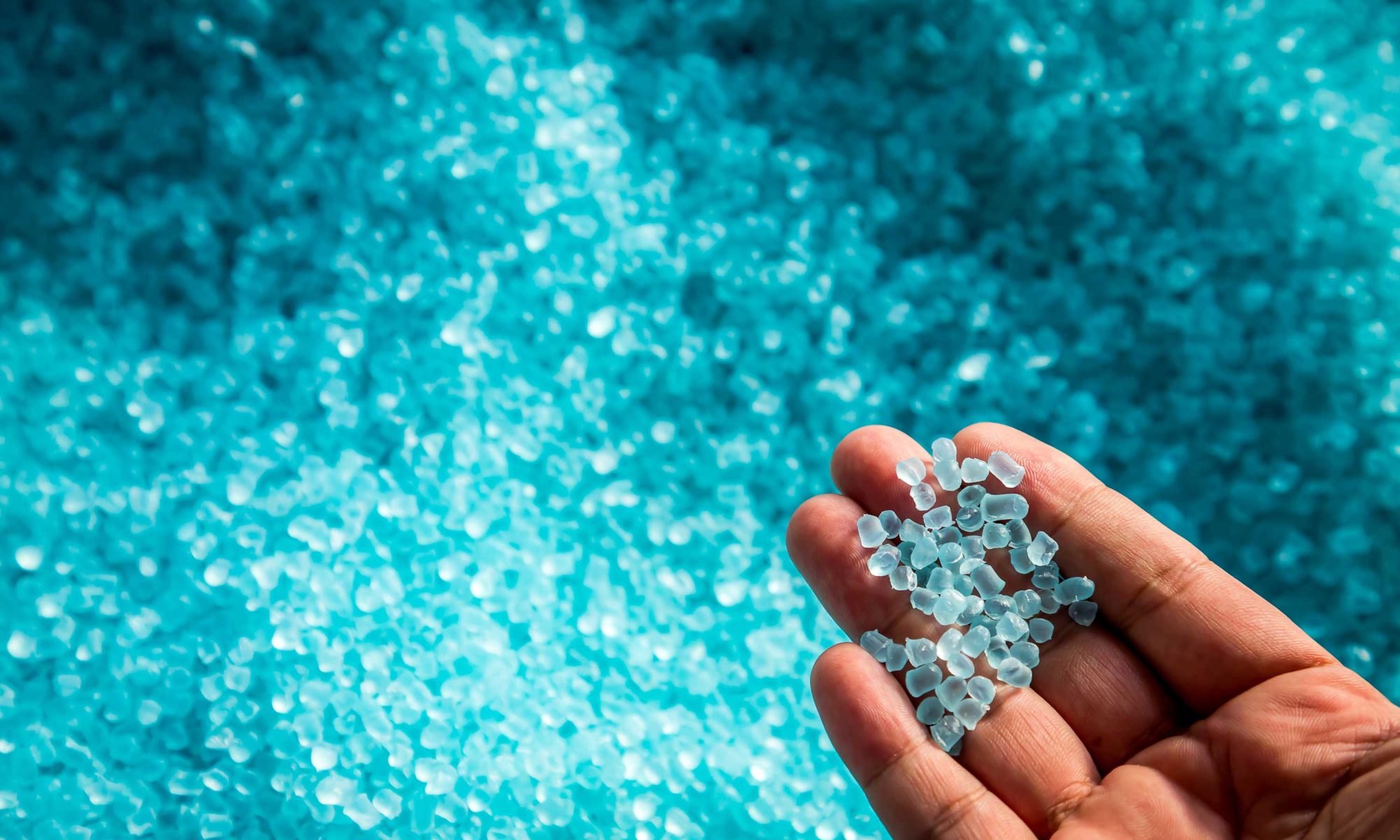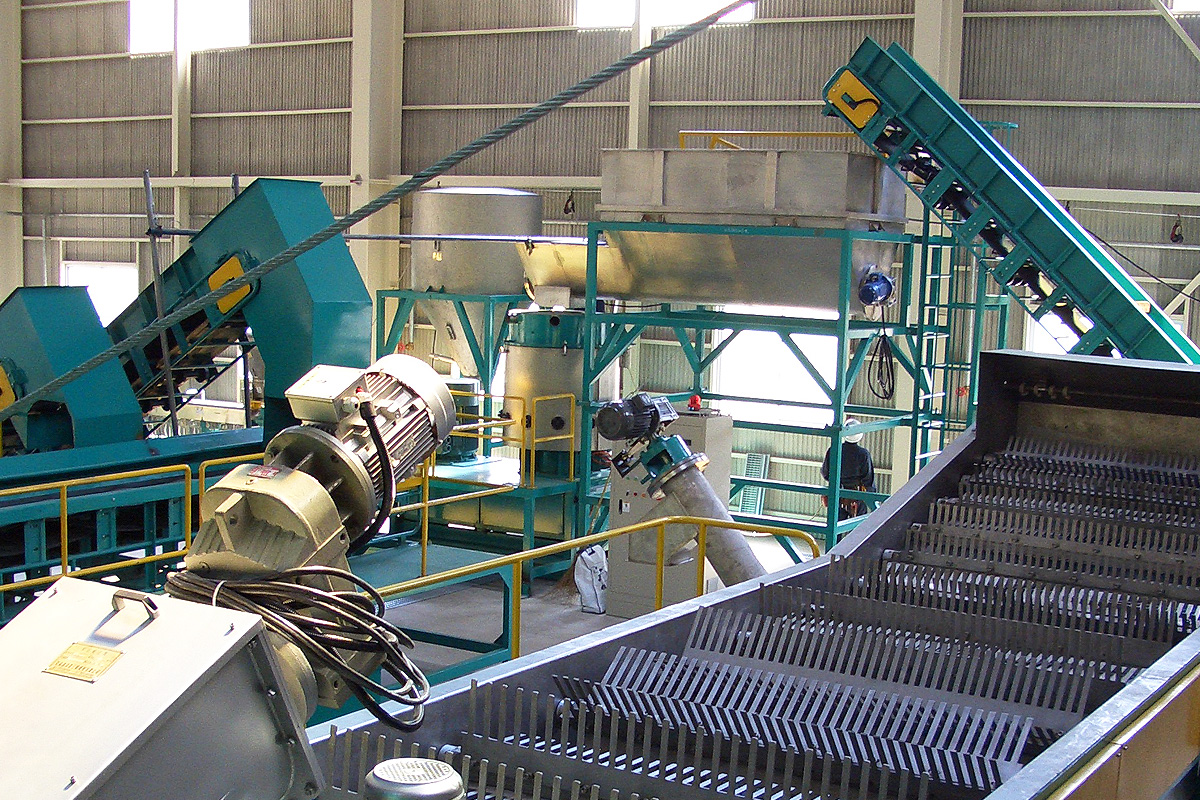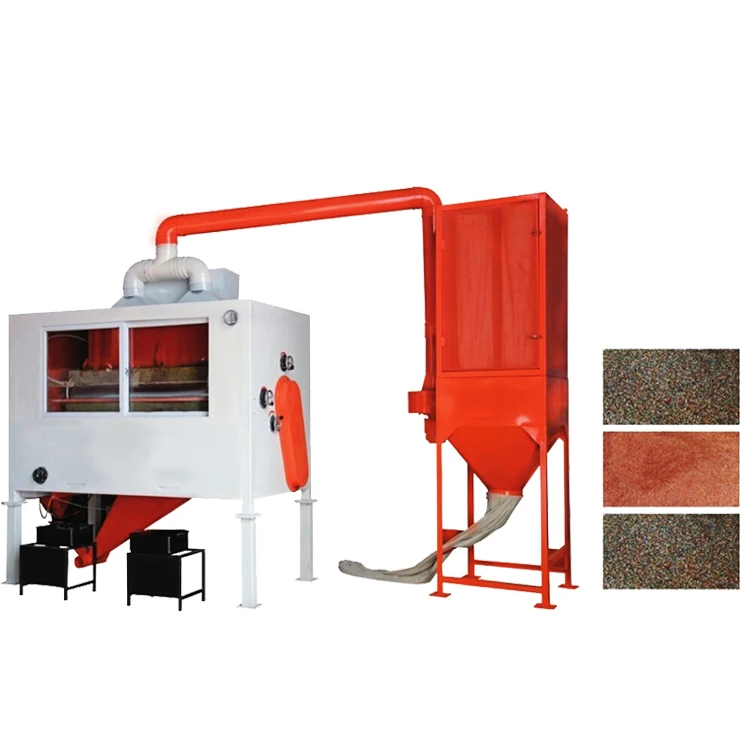Efficiënte sortering van plastic is cruciaal voor het maximaliseren van de recyclingefficiëntie, het verminderen van de milieubelasting en het verhogen van de economische waarde van gerecycleerde materialen. Voor industrieprofessionals en internationale handelaren is het begrijpen van de machines en methoden voor het sorteren van plastic uit gemalen afval essentieel. Deze gids biedt een uitgebreide overzicht van technieken, keuze van apparatuur en beste praktijken om uw proces van plasticrecycling te optimaliseren.
De cruciale rol van plastic sortering in moderne recycling

Afvalplastic is wereldwijd een van de meest voorkomende recycleerbare materialen, waarbij de sorteerprocessen aanzienlijk variëren op basis van materiaalcompositie en conditie. Gecompliceerde gemengde gemalen materialen vereisen gespecialiseerde sorteerbenaderingen om optimale scheiding en zuiverheidsniveaus te bereiken.
Hoewel traditioneel handmatige sorteermethoden werden toegepast, vertrouwen moderne recyclingoperaties bijna uitsluitend op geautomatiseerde machines om de volume-eisen en kwaliteitsnormen te halen. Handmatige sortering dient nu voornamelijk als aanvullende ondersteuning voor machineoperaties of voor het verwerken van eenvoudig herkenbare materialen in beperkte hoeveelheden.
Belangrijke voordelen van geavanceerde plastic sortering
- Materiaalspecifieke sortering: Maakt het produceren van hogere kwaliteit gerecycleerde producten met consistente materiaal eigenschappen mogelijk
- Kleurenscheiding: Maakt visueel uniforme materialen geschikt voor premium toepassingen
- Conditiegebonden sortering: Identificeert en scheidt materialen op basis van kwaliteit en vervuilingniveaus
- Verhoogde winstgevendheid: Hogere zuiverheidsniveaus materialen vragen betere markt prijzen
- Milieucompliance: Voldoet aan steeds strengere recycling- en duurzaamheidsnormen

De economische waarde van gerecycleerde plastic is direct gerelateerd aan de materiaalzuiverheid. Enkele materialen zonder vervuiling zijn aanzienlijk waardevoller en geschikt voor hoge kwaliteit herproductie toepassingen. Bijvoorbeeld, gemalen materialen van apparaten zoals koelkasten en airconditioners bevatten vaak silicagel, metalen en andere vervuilingen die hun marktwaarde verminderen zonder juiste sortering.
Algemene gerecycleerde plastic materialen en hun eigenschappen
De plastic recyclingindustrie verwerkt verschillende materiaaltypes, elk met unieke kenmerken en recycling vereisten:
| Plasticsoort | Gemeenschappelijke Toepassingen | Recyclinguitdagingen |
|---|---|---|
| ABS | Elektronische behuizingen, auto onderdelen | Bevat vaak brandvertragende middelen |
| PS | Verpakkingen, eenmalige containers | Breekbaar, gemakkelijk vervuild |
| PP | Auto onderdelen, containers | Dichtheid vergelijkbaar met vervuiling |
| PET | Beverageflessen, voedselverpakkingen | PVC vervuiling problemen |
| PVC | Pijpen, vloeren, medische apparaten | Chloorgehalte, giftig bij verbranding |

Geavanceerde sorteer technologieën voor gemalen plastic materialen
Hoofd sortering en vervuiling verwijdering
Automatiserende sorteer machines represent the foundation of modern plastic recovery operations. These systems effectively remove silica gel, rubber, wood chips, dust, and other contaminants from plastic materials, making them ideal for processing crushed household appliance materials. Rumtoo Machine biedt geavanceerde sorteer-systemen ontworpen voor complexe materiaalstromen.

Dichtheid-gescheiden Systeem
Spoel- en Flotatiemachines gebruiken dichtheidsverschillen om materialen te scheiden. In watergebaseerde systemen drijven PP-materialen meestal op terwijl andere plastics zinken. Zoutwateroplossingen maken het mogelijk om ABS, PS en andere materialen op basis van specifieke zwaartekracht te scheiden. Deze systemen scheiden materialen effectief, maar kunnen aanvullende verwerking vereisen om resterende verontreinigingen te verwijderen.

Optische Sorteeroplossingen
Kleuren Sorteermachines bieden nauwkeurige kleurgebaseerde sorteer-mogelijkheden. Deze geavanceerde systemen gebruiken optische sensoren om materialen te identificeren en te scheiden op basis van kleur, wat de waarde van gesorteerde materialen aanzienlijk verhoogt voor toepassingen waar kleurconsistentie cruciaal is.
Elektrostatische Scheiden Technologie
Elektrostatische Sorteermachines gebruiken verschillen in elektrische eigenschappen tussen plasticsoorten om hoge zuiverheidsscheiding te bereiken. Deze systemen kunnen typisch twee tot drie verschillende materialen tegelijkertijd scheiden, met een verminderde efficiëntie bij het toevoegen van extra materiaalsoorten aan het proces.

Specifieke Sorteer-toepassingen
PET Fles Recyclingsystemen
PET Fles Sorteermachines specialiseren in het scheiden van PET-materialen van andere plastics, vooral PVC en PE-verontreinigingen. Deze systemen gebruiken meestal hoge-voltage elektrostatische technologie om de benodigde nauwkeurige scheiding te bereiken voor voedselveilig PET-recycling.
De Kritieke Belangrijke van PVC-Verwijdering
PVC stelt significante uitdagingen in plastic recycling vanwege zijn onverwoestbare aard en potentiële milieugevaar. Bij verbranding geven PVC-toxinegasen vrij, waardoor juiste scheiding essentieel is voor zowel milieubescherming als productkwaliteit. Effectieve PVC-verwijdering zorgt voor overeenkomst met milieuregels en handhaaft de kwaliteit van gerecycleerde materialen.
Toepassingen van Gerecycleerde Plasticmaterialen
Gesorteerde en gezuiverde plasticmaterialen vinden toepassing in tal van industrieën:
- Fabrieksindustrie: Nieuwe flessen, verpakkingen en verpakkingmaterialen
- Constructie: Bouwmaterialen, leidingen en isolatieproducten
- Automobiel: Interieurgelederen, onder-hoofd onderdelen en exterieur trim
- Consumentengoederen: Speelgoed, meubelen en huishoudelijke producten
- 能源回收: Productie van alternatieve brandstof en energieopwekking
Milieu- en Economische Voordelen van Geavanceerde Plastic Sortering
Implementatie van moderne sorteer-technologieën levert significante voordelen:
- Hulpbronbesparing: Vermindert consumptie van oorspronkelijke materialen
- Vermindering van vervuiling: Minimaliseert de milieubelasting van plasticafval
- Energie-efficiëntie: Recycling verbruikt meestal minder energie dan productie van oorspronkelijke materialen
- Economische kansen: Creëert banen en zakelijke kansen in recyclingindustries
- Verlaging van CO2-uitstoot: Vermindert broeikasgasemissies in vergelijking met de productie van primaire plastic
Veelgestelde Vragen
V: Welke is de meest effectieve methode voor het sorteren van gemengde plasticmaterialen?
A: Voor complexe gemengde materialen biedt een combinatie van dichtheidsseparatie, elektrostatische sortering en optische sortering meestal de beste resultaten. Het specifieke benaderingsprincipe hangt af van de materiaalcompositie en de gewenste kwaliteit van het eindproduct.
V: Hoe werkt elektrostatische sortering voor plastic?
A: Elektrostatische sortering maakt gebruik van de verschillen in elektrische geleidbaarheid tussen plasticsoorten. Materialen krijgen een elektrische lading en worden gescheiden op basis van hoe ze reageren op geladen platen of trommels.
V: Wat is het percentage zuiverheid dat moderne sorteer machines kunnen bereiken?
A: Geavanceerde sorteer systemen van fabrikanten zoals Rumtoo Machine kunnen zuiverheidsniveaus van meer dan 98% voor veel materiaalcombinaties bereiken, afhankelijk van de initiële vervuiling en de materiaalkenmerken.
V: Hoe belangrijk is kleur sorteren in plastic recycling?
A: Kleur sorteren heeft aanzienlijke impact op de waarde van het materiaal, vooral voor toepassingen waar kleurconsistentie belangrijk is. Juiste kleurseparatie kan de waarde van het materiaal met 20-50% verhogen, afhankelijk van de marktcondities.
V: Welke onderhoud vereist plastic sorteer machines?
A: Regelmatig onderhoud omvat sensor schoonmaken, inspectie van mechanische componenten en software updates. De meeste moderne systemen beschikken over zelfdiagnostische mogelijkheden en remote monitoring voor optimale prestaties.
V: Kunnen sorteer machines natte of vuile materialen verwerken?
A: Hoewel veel systemen materialen met enige vervuiling kunnen verwerken, vereist optimale prestaties meestal voorafgaande schoonmaak. Specifieke mogelijkheden variëren per machine type en fabrikantspecificaties.
Conclusion
Efficiënt plastic sorteren uit gemalen materialen vereist geavanceerde machines en expertkennis van materiaalkenmerken. Door geavanceerde sorteer technologieën van industrieleiders zoals Rumtoo Machine, kunnen recyclingoperaties de zuiverheid van het materiaal aanzienlijk verbeteren, winstgevendheid vergroten en bijdragen aan de milieuvriendelijkheid. De voortdurende ontwikkeling in sorteer technologie blijft de efficiëntie verbeteren en de mogelijkheden voor plastic recycling uitbreiden, waardoor de juiste keuze en bediening van de apparatuur steeds kritischer is voor succes in de concurrerende recyclingmarkt van vandaag de dag.
